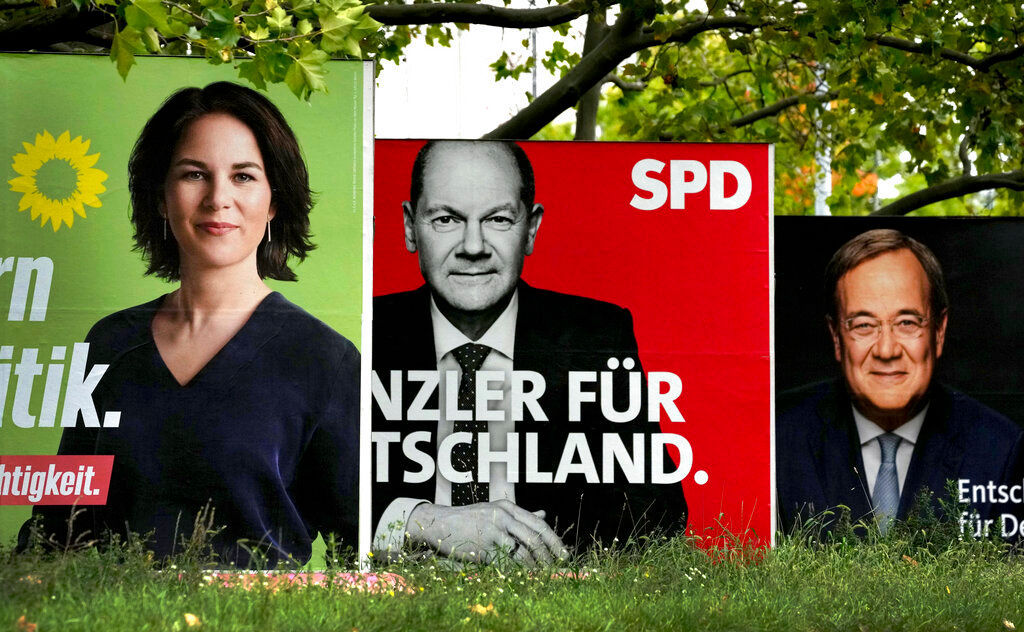Germany is voting to elect a new federal government on Sunday
as outgoing Chancellor Angela Merkel has decided to call it quits after her fifth term. Germany is considered to be a citadel of
political stability within the European Union and for many of the country’s young voters, Sunday’s polling will be an an entirely new experience.
Also Read | Bird-attack! Angela Merkel pecked at by parrots on park trip
Angela Merkel has led
the country for 16 years. In her absence at the helm of political affairs, the
change in leadership promises to be chaotic with the Christian Democrats
struggling in the polls.
Also Read | Swedish activist Greta Thunberg joins climate rally in Germany ahead of election
Political
observers almost unanimously say that these elections will be pivotal for
Germany as the country adapts to the specific needs and challenges of the 21st
Century. Climate change, which was already a critical agenda leading up to the
polls in Germany, has gained further prominence after the devastating floods
earlier this year. Here’s everything you need to know about the German
elections 2021.
Who are in
the running?
According to
Germany’s election process, no one will contest the polls to be directly
elected the chancellor. Politicians will stand to be elected into the German
parliament, the Bundestag, for four-year terms. Those who get elected will
later elect a chancellor as the head of the government.
What is
Germany’s voting procedure?
Germany follows a
process of proportional representation. Every voter has two votes. The first vote
decides a candidate in each of the 299 electoral districts. This is done
through the first-past-the-post system.
Also Read | Floods, books and kids: Highlights of German election campaign
This system,
adopted in several democracies across the world, ensures that every district
and every region as a representative in the parliament.
The second vote is
used to elect a party and this vote decides the composition of the German
parliament.
How many
political parties are there in Germany?
There are a total
of 47 parties contesting the elections. Over the last four years, four major
parties: Angela Merkel’s CDU/CSU, the centre-left Social Democrat (SPD), the
pro-free market Free Democrats (FDP), the environmentalist Green Party, and the
far-right Alternative for Deutschland (AfD) have been represented in the
Bundestag.
Who can vote?
All German
citizens who have lived in the country for at least three months and are above
the age of 18 can vote in the elections. Germans living abroad can vote on
request. People who have a German passport but have not lived in Germany for
several decades cannot take part in federal elections, but they can in local
polls.







